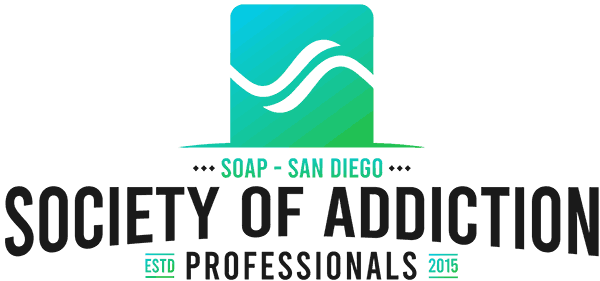If you’re in recovery, you know there are a lot of things you want to work on. Some may be goals for the future, and many may be goals that relate to your sense of self.
Addiction creates a lot of loss. When you were using, you may have lost jobs, relationships, and even your self-esteem. While it’s okay to mourn these losses, the dust eventually settles as your body and mind adjust to being clean and sober. Staying sober will always be a priority in your life. But there comes a time when you’re ready to tackle some goals.
How can you create realistic goals? Many people in recovery use something called S.M.A.R.T. goals to help them begin to build a new life.
What Are S.M.A.R.T. Goals?
S.M.A.R.T. goals are a way of taking steps toward a goal that is both reasonable and measurable. In other words, you can work toward even when life gets tough. That’s because you’ll know the steps you need to take (sometimes even “small steps”) to achieve them.
- SPECIFIC: Your goals should be specific in a way that you know exactly what you want to achieve. For example, going back to school is something many people in recovery do. But how do you go back to school? What are the steps to getting to this goal? It may mean applying to school, taking community college classes, or learning more about student loans. Take each of these one at a time, and they can lead you to your ultimate desire of going back to school.
- MEASURABLE: To tackle goals, you have to have a way to measure your success. Getting accepted to a school is the outcome of applying to college, just like taking a community college class and finishing it with a decent grade is an accomplishment.
- ACTION-ORIENTED: How do you plan to attain your goal? Do you need to apply to a dozen colleges? Do you need to enroll in classes and pay for them?
- REALISTIC: Is the goal realistic? Can you truly complete it in a specific period? Can you balance school, work, and 12-step meetings?
- TIMELY: Your goal must have a time-oriented aspect. Can you complete your goal in a specific period? What is the time period you want to finish it within? Do you want to enroll in classes by the end of the year? Do you want to fill out 12 applications by March or April? Decide how you want to measure the time. Maybe you want to take one class every semester?
S.M.A.R.T. goals can are easier to achieve because you know the specifics of how you want to achieve them. While it’s true that sometimes life gets in the way your plans if you have to take some time off, rewriting your goals can help you get back on track.
Setting goals can seem like hard work – but it will prepare you for the work ahead of you as you pursue the things you want in life. Ask other friends in recovery what they have worked toward or achieved in life. Write down what you’re working on and look at them daily. There is inspiration all around you – so work for your goals, you’re worth it.

